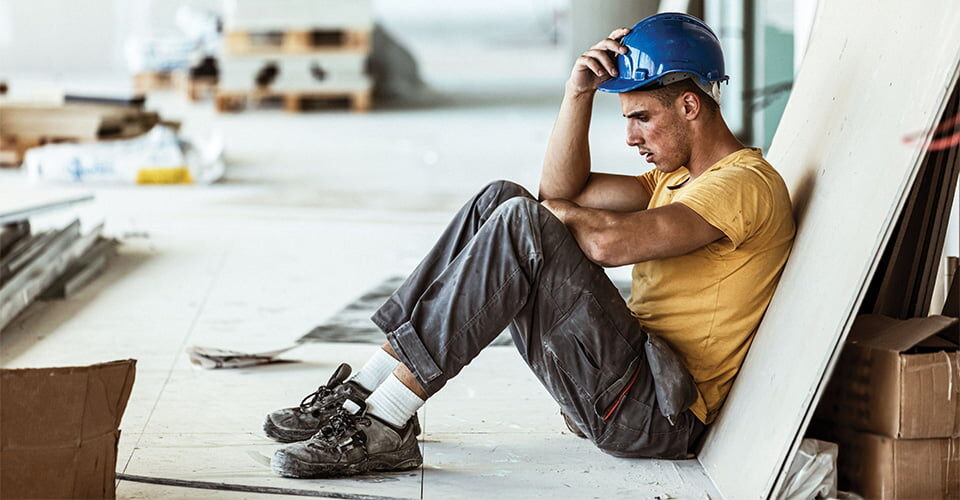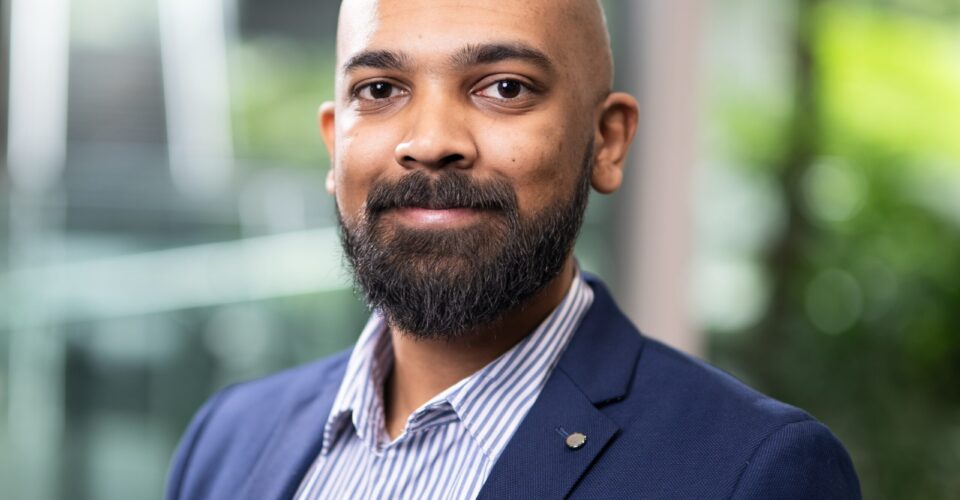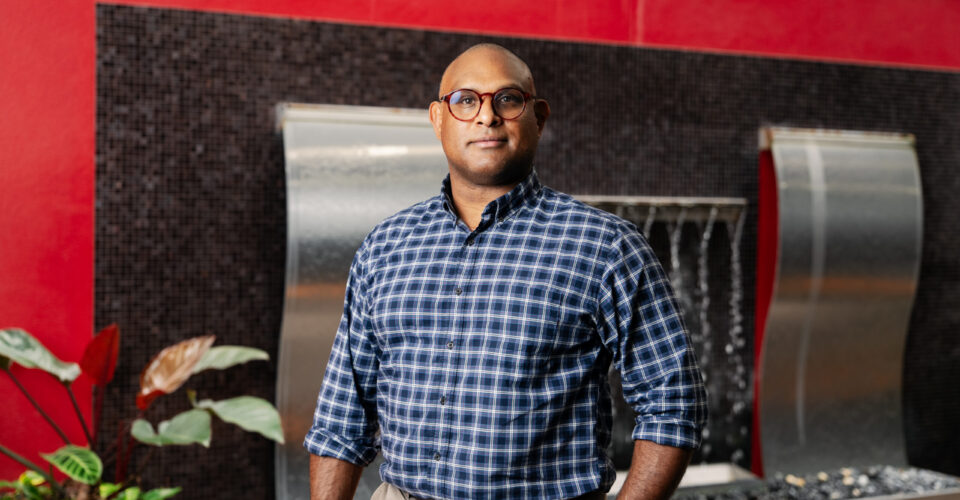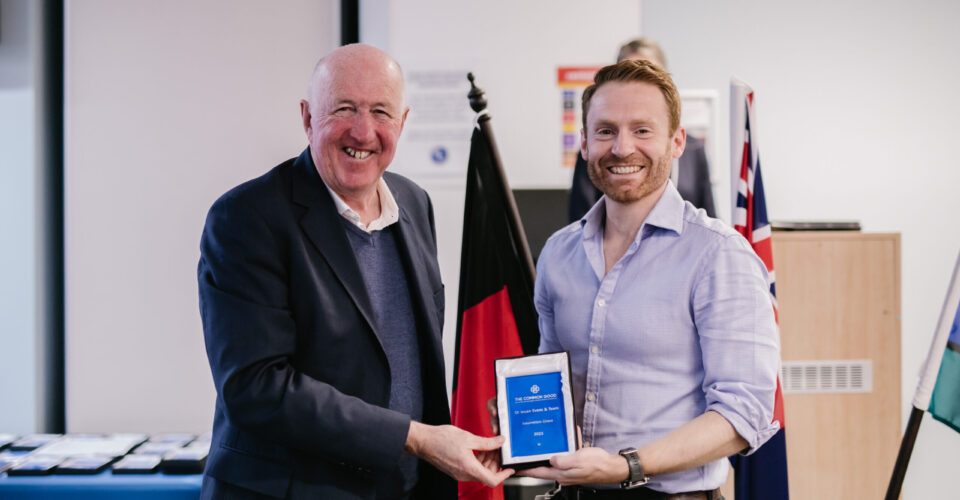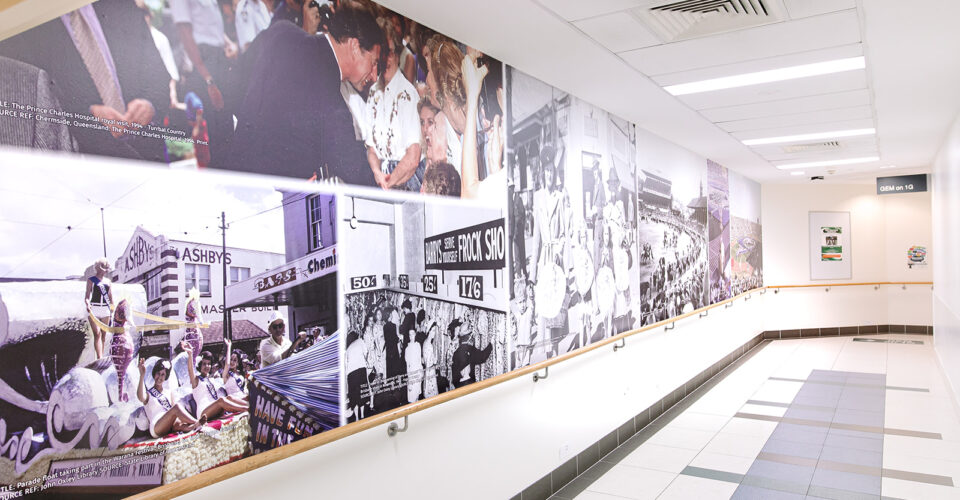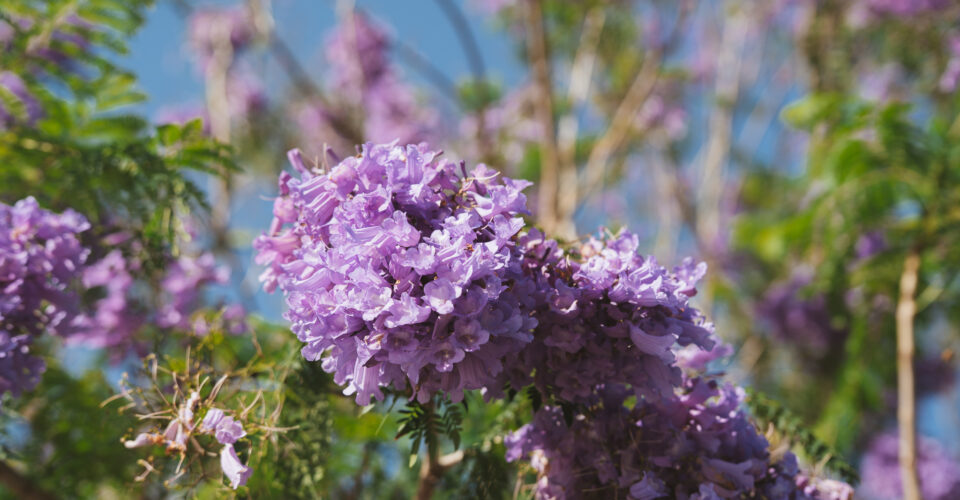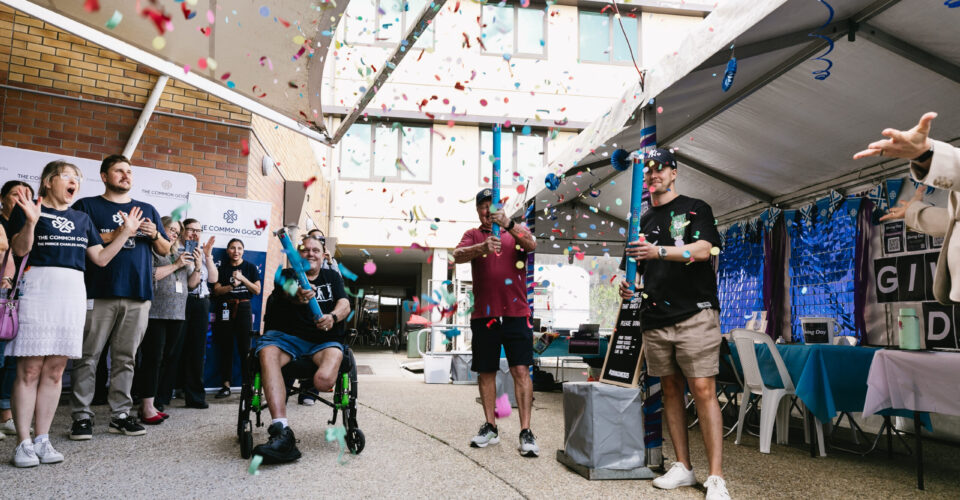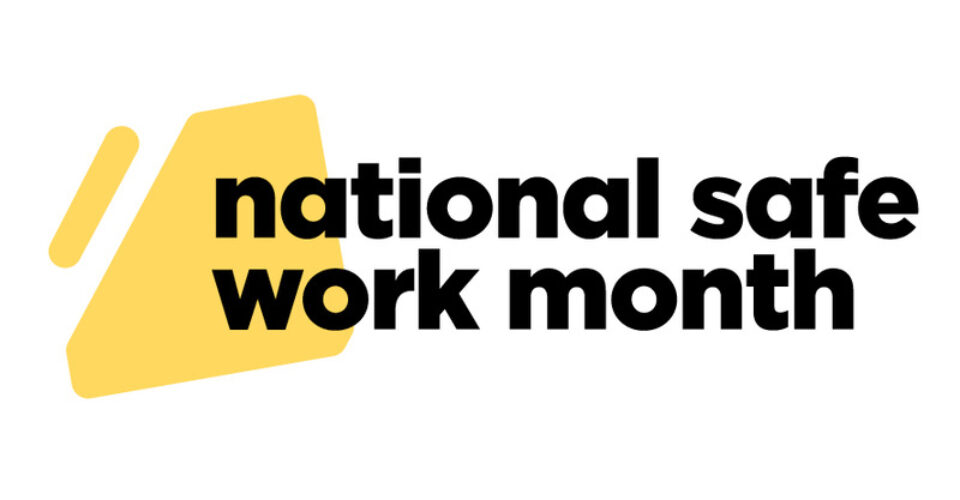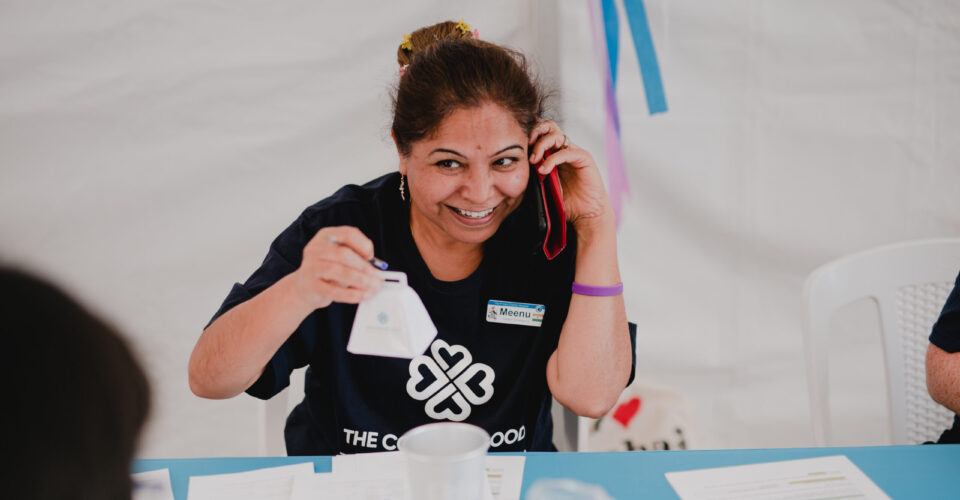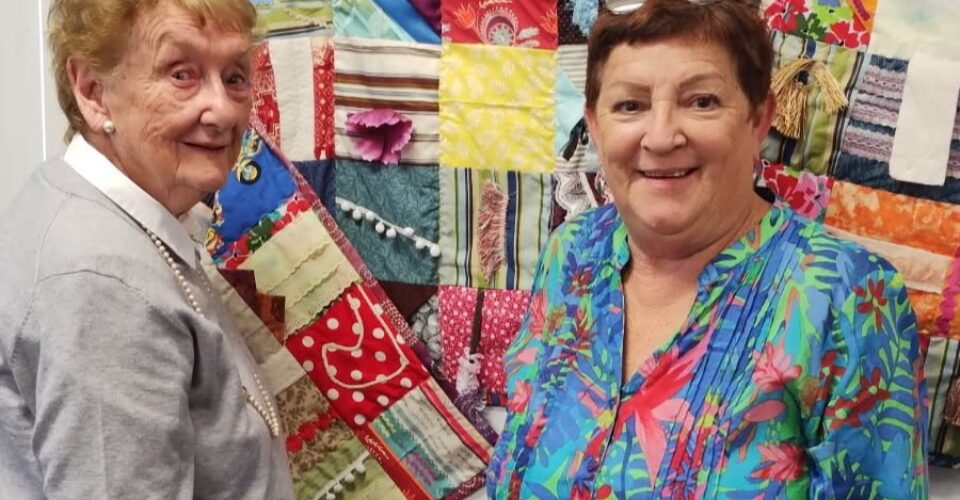About 15 years ago, Brisbane grandfather, Frank, now 53, was diagnosed with silicosis. The former stonemason’s condition has progressively worsened over the years.
These days, Frank needs an oxygen concentrator 24 hours a day to aid his breathing. In February this year, he was placed on the transplant list and is waiting for a double lung transplant at The Prince Charles Hospital.
I started my stonemason apprenticeship straight out of high school. In my very first role, I was involved in the construction of new Parliament House for two and a half years in the mid to late 80s. After that, I moved to a different company where we carried out maintenance and restoration of old buildings around Canberra, as well as working on granite bench tops.
Over time, my work as a stonemason centred around monumental masonry. I know it sounds a bit morbid, but working outside in the cemetery on a beautiful day, feeling the sun on my arms and listening to the birds was just wonderful. I was absolutely in love with my job. I worked as a stonemason until I was 37-years-old, and it brought me so much joy.
And then everything changed.
Grappling with a silicosis diagnosis
In 2008, I started to feel not quite right and was trying to understand what was going on with my body and my lungs. Initially, I was misdiagnosed with a different lung disease, which, from what I understand, can actually be quite common. About a year later, though, I was given a diagnosis that really threw me.
I had silicosis.
At the time, I hadn’t really heard much about silicosis. It was a lot to take in. I had to give up the job I loved so much, and that made me deeply sad.
I was more concerned for my family, my children and my mother than myself.
Honestly, I’m still really worried about passing away before my mum.
I don’t think anyone should have to bury their child.
Eventually, I had to face the music, and once I did, I really struggled to cope. Sadly, I made some poor choices and made life difficult for the people I loved most. I regret that very much to this day.
In the years since my diagnosis, my condition has continued to go downhill, and it’s something that hasn’t gone unnoticed by my friends and family. I’m living it every day, but it still shocks me when my friends and family comment on the decline they can see in my health.
On beautiful sunny autumn days like we’ve been having recently, I want to go out for a walk; go and do something outside – and I just can’t. It’s sad, and it’s just frustrating more than anything.
What I find the most frustrating is that little tasks I used to take for granted – things like putting on my shoes and socks – just take so much longer now and are so much more challenging. When I think back to my working days, I worry about my former colleagues – many who became great mates. I also worry about others who worked in the same industry around the same time, and I wonder how many have silicosis and perhaps don’t even know. What gives me hope for future generations is that the focus is now on prevention. I think that’s critically important and, in the future, post-transplant, when I’m well again, I would like to go to TAFES and educate future tradies of the dangers of silica dust and show them first-hand that it can cause a life-threatening disease.
When I think of myself though, sadly, my only remaining hope is a lung transplant. And that’s a conflicting thing to feel hopeful for. The rippling impacts of organ transplantation are not lost on me.
Unfortunately, at the stage that my silicosis has progressed to, there are no treatments available. Silicosis is irreversible, and there is currently no cure. Although that could make me lose hope, it gives me hope that if we all come together, we can support more research into silicosis and other occupational lung diseases.
Experiencing the whole lung lavage
I don’t want anyone else to be in the situation I am in now. But the reality is, without research, that’s what will happen. When I heard about the whole lung lavage and the work that the Tradie Health Institute is doing, I was blown away by its potential. To know that there are people out there investigating treatments that could save tradespeople, miners, construction workers, or even farmers’ lives, which may prevent them from going through what my family and I are going through; it’s worth every cent.
While it wasn’t always the way, these days I’m at ease mentally with my situation. I know it’s important to have a positive mindset ahead of my transplant. My children are in their mid-twenties. I have two grandsons who are six and one. They don’t live close by, but they call to check in on me regularly. My oldest grandson loves his football, and I’m really looking forward to being able to kick the footy around with him after my transplant.
For now, I’ve got hope, and I’m going to hold onto that.
You can support life-changing lung disease research for patients like Frank. Donate today to the Tradie Health Insitute and help create hope for silicosis patients.
